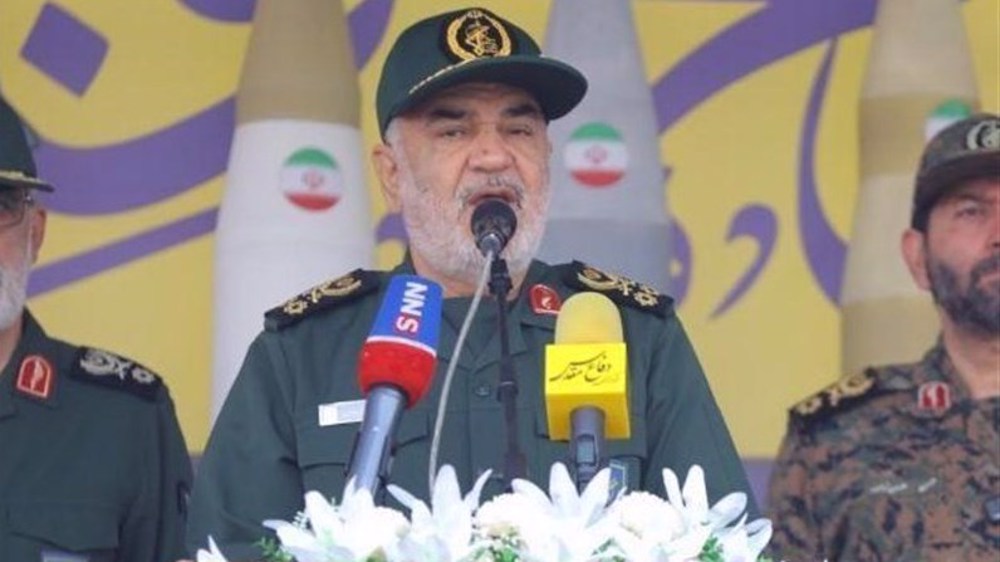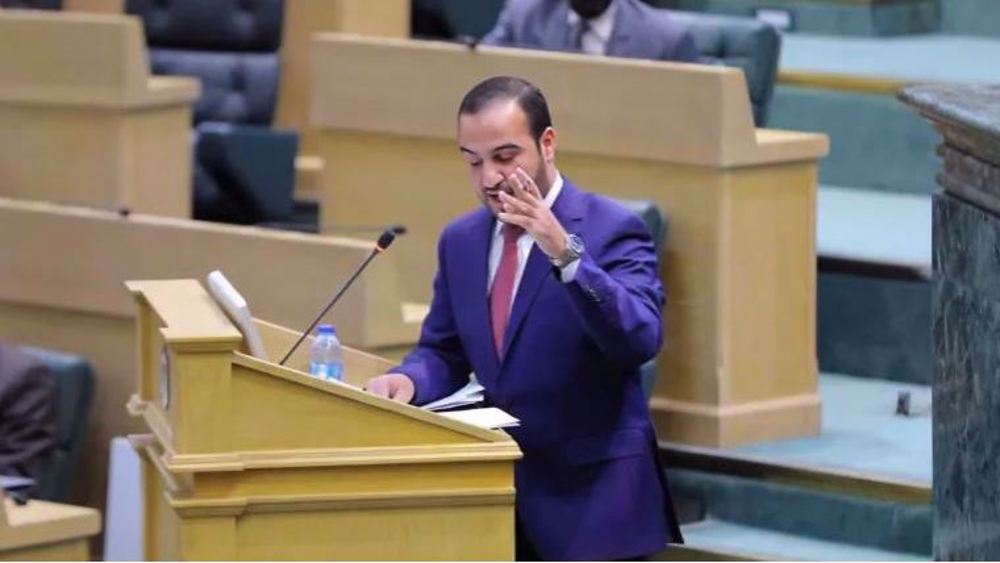EU, Arab League slam Israeli occupation, land grab policies
The European Union and the Arab League have denounced as “illegal” Israel’s settlement activities on occupied Palestinian land, stressing that the status of Jerusalem al-Quds should be preserved based on the pre-1967 boundaries.
In a joint statement issued on Monday at the end of their first-ever summit in the Egyptian Red Sea resort town of Sharm el-Sheik, Arab and European leaders reaffirmed their common position “on the Middle East Peace Process, including on the status of Jerusalem (al-Quds), and on the illegality under international law of Israeli settlements in the occupied Palestinian territories.”
They also emphasized that the so-called two-state solution “on the basis of all relevant UN resolutions” was “the only realistic way” out of the decades-long Israeli-Palestinian conflict.
Israel seized the entire Palestinian territory of the West Bank, including East Jerusalem al-Quds, in 1967. The international law considers the territory as occupied and views the regime’s construction activities there as illegal.
“We recalled the importance of upholding the historic status quo for the holy sites in Jerusalem al-Quds,” said the joint statement.
They underlined the need to support the United Nations Relief and Works Agency (UNRWA) “politically and financially” in order to allow it to continue humanitarian and financial assistance to Palestinians.
The leaders expressed concerns about “the humanitarian, political, security and economic situation” in the besieged Gaza Strip, calling for “all parties to take immediate steps” to end the crisis.
On Yemen
The EU and Arab leaders further welcomed a ceasefire recently agreed by Yemeni warring parties in Sweden on the Red Sea port city of Hudaydah, a lifeline for millions of Yemenis.
They also voiced concern over “the dire humanitarian situation” in Hudaydah, calling for “the safe, rapid and unhindered delivery of humanitarian aid and personnel, and of commercial supplies, to those in need.”
Hudaydah has seen some of the heaviest fighting in the Saudi-led aggression, which began in March 2015.
The statement further called upon “all concerned parties to work constructively towards a lasting and inclusive political settlement for the benefit of the people of Yemen.”
‘Syria crisis must be solved politically’
The European and Arab leaders also touched on the crisis in Syria, emphasizing the need for a “peaceful political settlement” to the conflict.
They said “any sustainable solution requires a genuine political transition in line with the 2012 Geneva communiqué and the relevant UNSC resolutions, in particular resolution 2254,” which endorsed a road map for a peace process in Syria.
VIDEO | Former FBI agent criticizes US Congress for 'outright corruption'
IRGC chief urges Muslim countries to cut aid routes to Israel
'New chapter in cooperation': Iran, Venezuela sing new MoUs
Jordan sentences former lawmaker for supporting Palestinian resistance
Basij volunteer forces hold massive drills in southwestern Iran
Israeli war criminals 'not welcome', US city says after ICC ruling
US vetoing of Gaza ceasefire resolution ‘disgraceful’: Iran’s UN envoy
VIDEO | IAEA adopts anti-Iran resolution tabled by E3












 This makes it easy to access the Press TV website
This makes it easy to access the Press TV website